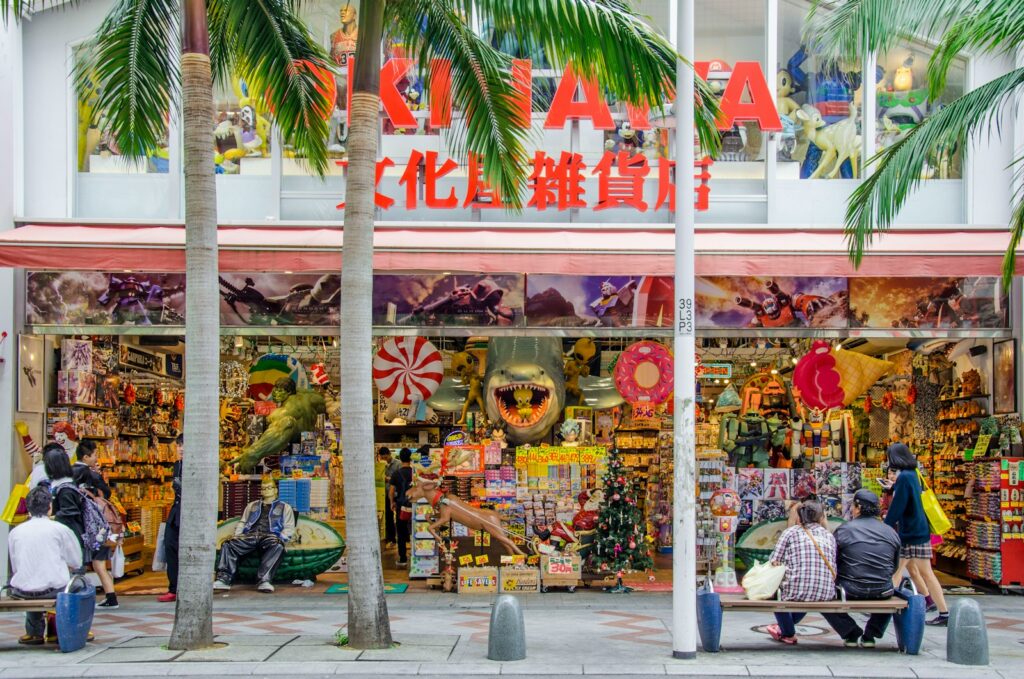Travel Smart: 8 Souvenirs You Should Avoid for Ethical and Practical Reasons

When we travel, we often want to bring home souvenirs to remember our adventures. These keepsakes can remind us of the cultures we explored and the people we met. But buying the wrong souvenirs can have negative impacts—not just on your wallet, but also on the environment, local communities, and wildlife. Learning to shop ethically while traveling helps you leave a positive footprint and enhances your experience as a global citizen.
This guide explores eight types of souvenirs you should avoid, why they matter, and what to purchase instead. By making intentional and thoughtful choices, you’ll support sustainable travel practices while also bringing home meaningful mementos.
Why Ethical Souvenirs Matter for Travelers
Choosing ethical souvenirs isn’t just about buying “good” stuff. It’s about respecting the cultures and communities you visit. Unethical purchases might exploit workers, contribute to environmental damage, or harm endangered species. By making responsible choices, you align your travel habits with sustainability and leave a positive impact on the places you visit.
The Role of Souvenirs in Sustainable Travel
Travel and sustainability go hand in hand. Imagine this scenario: You visit a craft market in Morocco and choose a handmade ceramic bowl over a mass-produced replica. That one decision supports local artisans, contributes to preserving traditional crafts, and ensures your purchase doesn’t harm the environment. Simple actions like these empower you as a responsible tourist and deepen your connection to the places you explore.
If you’re heading to destinations like Morocco, consider exploring beautifully crafted souvenirs with the help of guides like Discover the Wonders of Morocco: A Guide to Top Travel Destinations. This way, you’ll know what unique and authentic options to look for.
Now, let’s look at which souvenirs to skip while traveling and why.
Souvenirs to Avoid for Ethical and Practical Reasons

1. Mass-Produced Items That Lack Cultural Authenticity
Mass-produced souvenirs are often made in factories far from the destination, using cheap labor and materials. Think keychains, refrigerator magnets, or generic t-shirts with “I ♥ [City Name]” logos. These items may seem harmless, but they provide little economic benefit to local communities.
Instead, opt for handmade goods created by local artisans. For example, in Italy, you might choose an intricately designed Venetian mask crafted by a skilled craftsman rather than a plastic replica made overseas. If you’re planning a trip to Italy, check out 7 Famous Landmarks in Italy You Can’t Miss to round out your itinerary with places where you can find authentic, locally made products.
2. Products Made from Endangered Wildlife or Plants
Buying items made from elephant ivory, tortoiseshell, coral, or rare woods can contribute to illegal trade and biodiversity loss. Beyond the environmental consequences, taking these items home can get you into trouble with customs.
While on safari in Kenya, for instance, skip items made from wildlife parts and opt for a handmade beaded bracelet crafted by Maasai women. Want to learn more about avoiding purchases that harm ecosystems? Use guides like Hidden Gems: The Ultimate Guide to Underrated Travel Destinations to find ethical souvenirs along the way.
3. Wasteful Souvenirs That Contribute to Pollution
Plastic trinkets, cheaply made toys, and items designed to break after a single use are unnecessary and often end up as waste. These souvenirs might seem like affordable options, but they’re costly for the planet.
A sustainable alternative is to choose reusable goods that you can use in daily life. Reusable tote bags, bamboo utensils, or stainless steel water bottles with unique destination designs are perfect examples of souvenirs that blend practicality with sustainability. For inspiration on eco-friendly travel, here’s Cheapest Countries to Visit in 2025: Budget Travel Guide to explore destinations where sustainability thrives.
4. Items That Exploit Local Communities
Tourism can sometimes encourage unfair labor practices. Souvenirs produced in sweatshops or without fair compensation to workers exploit local communities. Often, the people making these products see little to no financial benefit.
To support fair trade practices, look for products with certifications or ask vendors about how their goods are made. For example, in Nepal, buying fair-trade pashmina scarves ensures that the artisans receive a fair wage and work under ethical conditions. Learn more about mindful travel with articles like Vegetarian Travel in Nepal: Delicious Plant-Based Dishes You Can’t Miss to fully appreciate and support the local culture.
Eco-Friendly Travel Advice for Souvenir Seekers
Research Before You Shop
Understanding the local market and the origin of products is key to responsible shopping. Before visiting a destination, research what sustainable goods the area is known for. For instance, Mexico is celebrated for handmade textiles and pottery, while Morocco offers beautifully crafted leather goods. Tools like Fair Trade Finder or local guides can help you locate ethical shops.
If you’re looking for hidden treasures and lesser-known products, destinations featured in 10 Hidden Gems the Most Underrated Travel Destinations Around the World provide great options for unique, sustainable shopping experiences.
Support Local Artisans and Small Businesses
Local markets and artisan shops are treasure troves of unique items that tell a story about the place and its people. Choosing works like painted tiles in Portugal or handmade necklaces in Bali connects you not only to the product but also to its creator. These purchases benefit small-scale artisans, protecting traditional crafts that might otherwise disappear.
Looking for countries where authentic artisan markets shine? Discover Japan’s Wonders: A Complete Guide for Your Next Holiday is a great resource for finding high-quality local goods.
Buy Practical Souvenirs with Long-Term Use
The best souvenirs are those that fit seamlessly into your life. Instead of bulky or fragile items that might not survive the trip home, choose ones you’ll use regularly. These could include local spices for your kitchen, a woven basket for home organization, or a hand-dyed scarf that adds a pop of color to your wardrobe.
For example, bring back saffron or tea from Morocco rather than a fragile tagine you might never use. These practical choices minimize waste and give you daily reminders of your trip. Interested in discovering versatile keepsakes? Browse The 10 Best Places to Visit in the World and Why You’ll Love Them for inspiration.
Responsible Shopping Tips for Tourists
Questions to Ask Before Making a Purchase
When shopping for souvenirs, ask thoughtful questions to ensure your purchase aligns with ethical values. Questions like, “Where was this made?” or “Who benefits from this sale?” help you understand the origins and impact of your purchase.
For instance, in Thailand, avoid buying cheap silk imitations and instead ask vendors directly about how their silk is produced. This conversation not only leads you to higher-quality items but also supports transparency. For more expert advice on ethical and enjoyable travel, check out The Power of Solo Female Travel: Empowerment, Adventure, and Growth.
Pack Smart to Avoid Impulse Souvenir Buys
Impulse buying often leads to regret. Plan your packing with enough space for meaningful souvenirs. A small, dedicated pouch can encourage you to focus on quality items rather than loading up on things that won’t survive the trip home.
Setting a budget for souvenirs beforehand also curbs unnecessary purchases. For instance, instead of buying five $1 plastic trinkets, invest in one $10 handmade treasure.
Making a Positive Impact with Your Souvenir Choices
Ethical souvenir shopping has far-reaching benefits. Preserving a culture, supporting artisans, and making eco-friendly decisions are small ways you can help create a larger positive impact on the world. Stories of your thoughtful purchases can inspire others to rethink their shopping habits.






